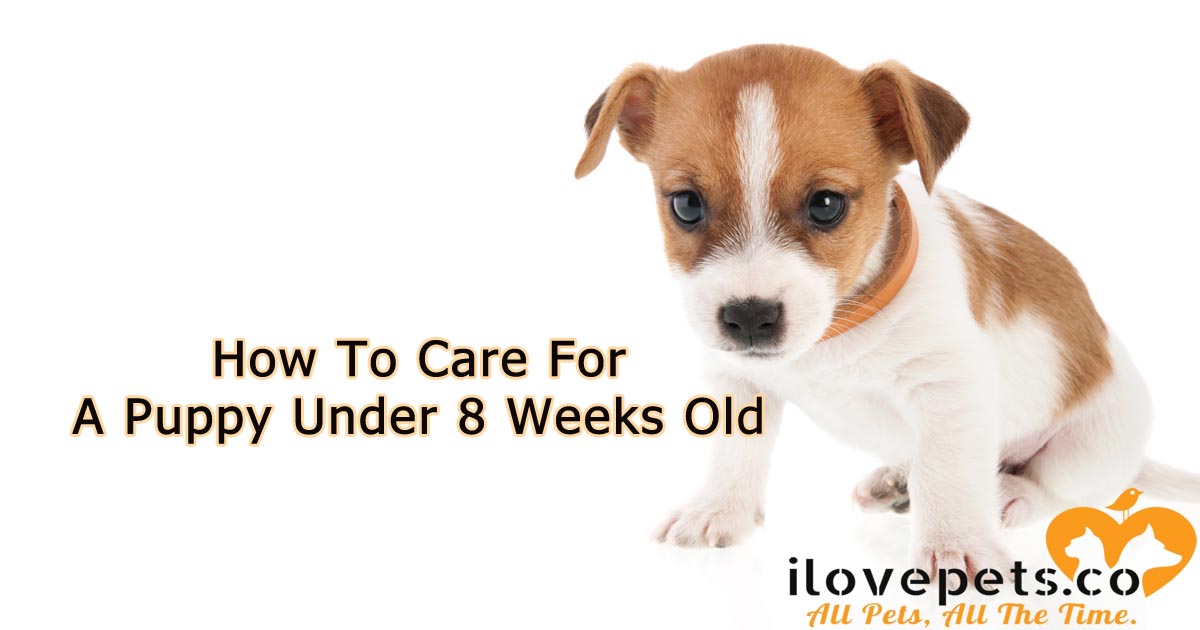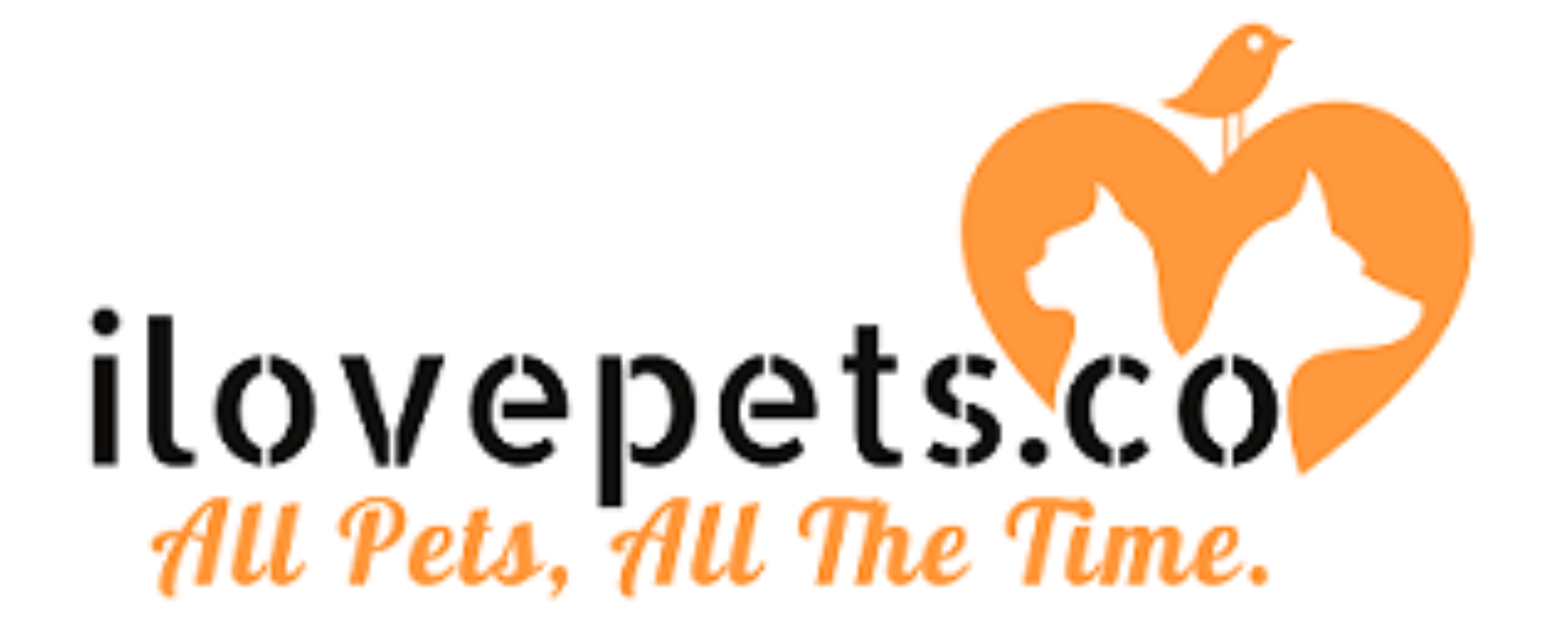
Puppies need their mother and littermates during their first 8 weeks of life to eat, stay warm and pick up early social skills. But what about when your puppy comes home too soon?
You can care for a young puppy who does not have a mother; it will just take a little extra work during those first few weeks. Here is everything you need to know about caring for puppies under 8 weeks of age:
Was Your Puppy Sold Illegally?
If you’re in the United States, there is a chance that the puppy was sold to you illegally. Twenty-five states have laws forbidding puppies and kittens to leave their mother until 8 weeks of age, or before the animal is fully weaned, “whichever is later.“
Legitimate breeders, rescues and adoption centers will not allow you to take a puppy home before they are ready. Some people may sell you an underage puppy because they are unable to take care of the litter, they may not know any better, or they may be scamming you into believing you are purchasing a “teacup” or “miniature” version of their breed to fetch a higher price. If you can, return the puppy to its mother for another few weeks. If that is not an option, read on.
Always keep in contact with a veterinarian when raising a young puppy. Your vet can give you personalized advice and ensure that your puppy does not have any genetic defects or health issues that you may not be able to recognize on your own.
Caring For A Puppy Under 3 Weeks Old
If you are caring for a very tiny newborn puppy, your close attention and care is crucial for ensuring they have the best chance of survival.
Until they are 4 weeks of age, your puppy may have trouble regulating their own body temperature. They would rely on their littermates and their mother for snuggling to stay warm.
You can use your own body heat to keep the puppy warm. Space heaters, heating pads and heat lamps should only be used under close supervision, as your puppy may not be old enough to crawl away from the heat source if it becomes too hot.
Feeding A Newborn Puppy
Puppies do not begin eating solid foods until they are four weeks old. Until then, you will need to provide a milk substitute, ideally one specifically formulated to meet the needs of growing puppies.
Many homemade formula recipes are available online, though none are vet-approved and nutritionally complete. They are home remedies that some breeders swear by, but this does not mean that they will be appropriate for your puppy. You may use a recipe in case of an emergency if you need a day or two to get commercial canine milk replacer.
The below recipe comes from The Veterinary Technician’s Pocket Partner by Marisa Bauer.
- 120mL of whole goat’s milk
- 120 mL of water 2-4 egg yolks
- 1-2 tsp vegetable oil
- 1000mg of calcium carbonate (like TUMS)
Other recipes include ingredients like corn syrup to provide additional calories, whole yogurt for digestive enzymes, fat and protein, and evaporated milk (3 parts evaporated milk to 1 part water) can be substituted for goat’s milk.
Always boil the water first when making formula, then allow it to cool.
Warm formula to about 100 degrees Fahrenheit before serving.
Feed your puppy upright or on their stomach, never on their back, to prevent aspiration. Use an eyedropper, infant baby bottle or special puppy bottle, depending on the size of the puppy. Ensure that the milk does not flow too freely, without being too difficult for your puppy to suckle.
Always burp your puppy after feeding, just like a human baby – hold your pup upright against your chest or over your shoulder and gently pat their back.
How Much Do Puppies Need To Eat?
The best serving size will vary greatly depending on the age, breed and individual nutritional needs of your puppy.
Generally, puppies need to eat one fluid ounce per 1/2 pound of body weight each day, split into 4-8 feedings throughout the day. Weigh your puppy each day using a kitchen scale – their weight should increase by 10% every day.
Pottying A Small Puppy
Puppies cannot urinate and defecate on their own until they are about three or four weeks old. Until then, their mother licks their tummy and anus-genital region to stimulate them to go potty.
Use a warm, damp washcloth, tissue or cotton ball to stimulate how your puppy’s mother would lick them. Do this after every meal, and between meals, as frequently as every two hours.
Caring For A Puppy At 4 Weeks Old
At four weeks of age, you can introduce solid foods. Always use a dog food that is for all life stages or a special puppy formula. Mix canned food or softened kibble with milk, then gradually reduce the ratio of milk.
Dry kibble should be reduced to a soft mush. You can put it in a blender with warm water, or allow it to soak in hot water for an hour before meals. If you are caring for multiple puppies, feed them out of separate bowls to keep track of consumption and to prevent the development of resource guarding. Puppies that have to squabble for food while they are young are more likely to become aggressive around food as they get older.
Caring For A Puppy At 5-6 Weeks Old
By the time your puppy is 5-6 weeks old, they can live on a commercial dog food diet, though you may still want to soften dry kibble. You can continue soaking food in warm water or milk replacer, especially if your puppy is small or needs to gain weight.
Your puppy should already be able to regulate their own body temperature, and will be able to urinate and defecate on their own. Avoid taking them outside unless you are certain that stray dogs do not wander around your property. Young puppies, especially those who have not had the immunity benefits of their own mother’s milk, are vulnerable to potentially deadly infections like parvovirus and distemper.
Around this time, your puppy will need to have a vet visit to get their first round of core vaccines. The sooner you finish their vaccine schedule, the sooner you can begin socializing them without worry of picking up illnesses in public places.
Now that your puppy can potty without assistance, you can begin early potty training. It may be a few more weeks, or months, for small breeds, before they fully develop control over their bodily functions. It’s best to confine your puppy to a small, safe space like a bathroom or an area with a playpen or baby gate. Line the area with potty pads. At first, you’ll need to spackle the whole floor with them. As your puppy gets older, you can use fewer and fewer pads, encouraging your puppy to choose to eliminate on the pad instead of the bare floor. You can worry about transitioning to pottying outside a bit later.
You can also begin getting your puppy used to different people and experiences. Clip those sharp puppy nails to get them used to nail maintenance at an early age. Keep bathing and other grooming experiences short, fun and positive.
Caring For A Puppy At 7 Weeks Old
At seven weeks, your puppy is likely weaned, though you can supplement their food with milk if desired. Getting a puppy a week early is not too risky to their health, but it can result in long-term behavioral problems.
Puppies that spend more time with their mother and littermates have more time to learn about dog-dog interactions. They play-fight with their brothers and sisters and learn that, if they are not gentle, their sibling will squeak and stop playing with them.
Your young puppy will need to learn dog-dog manners and bite inhibition in another way. It is helpful if they are able to play with another dog, though they are vulnerable to parvo and other viruses before they complete their core vaccines.
Only let your puppy play with adult dogs who are fully vaccinated. If this is not possible, teach bite inhibition early on – a high-pitched yelp (from you!) when your puppy nips can communicate that they are playing too rough, along with short breaks during playtime. There is no need to shout, tap your puppy on the nose, or otherwise punish them for natural, playful puppy behavior – those techniques tend to get puppies even more riled up. Use soft toys to act as a buffer between your hands and those sharp puppy teeth.
Early Training For Puppies
At this age, puppies are clingy – which makes it the perfect time to start teaching recall. Give your puppy lots of love, praise and treats for responding to the sound of their name, a whistle, and/or your chosen cue, like “here pup!”
It will be a few more months until your puppy has a reliable attention span, so keep training sessions short and frequent.
Exercise Guidelines For Puppies
Until one year of age, and longer for large breeds, your puppy will be growing rapidly. They can be prone to growth plate injuries and their bones may not grow correctly as a result. No long walks, hikes, or jumping up stairs and in and out of cars. Keep play sessions under 30 minutes. Your puppy will go from zero to 100, to zero again in minutes – hyper streaks and lots of naps are totally normal.
Once your puppy catches up to the 8-week mark, they likely will not need any more special care. Complete their vaccine schedule on time, start training early, and work on socialization throughout your puppy’s first year.
The first year is the hardest, but sooner than you know, you’ll have a smart, healthy, well-rounded adult dog.






